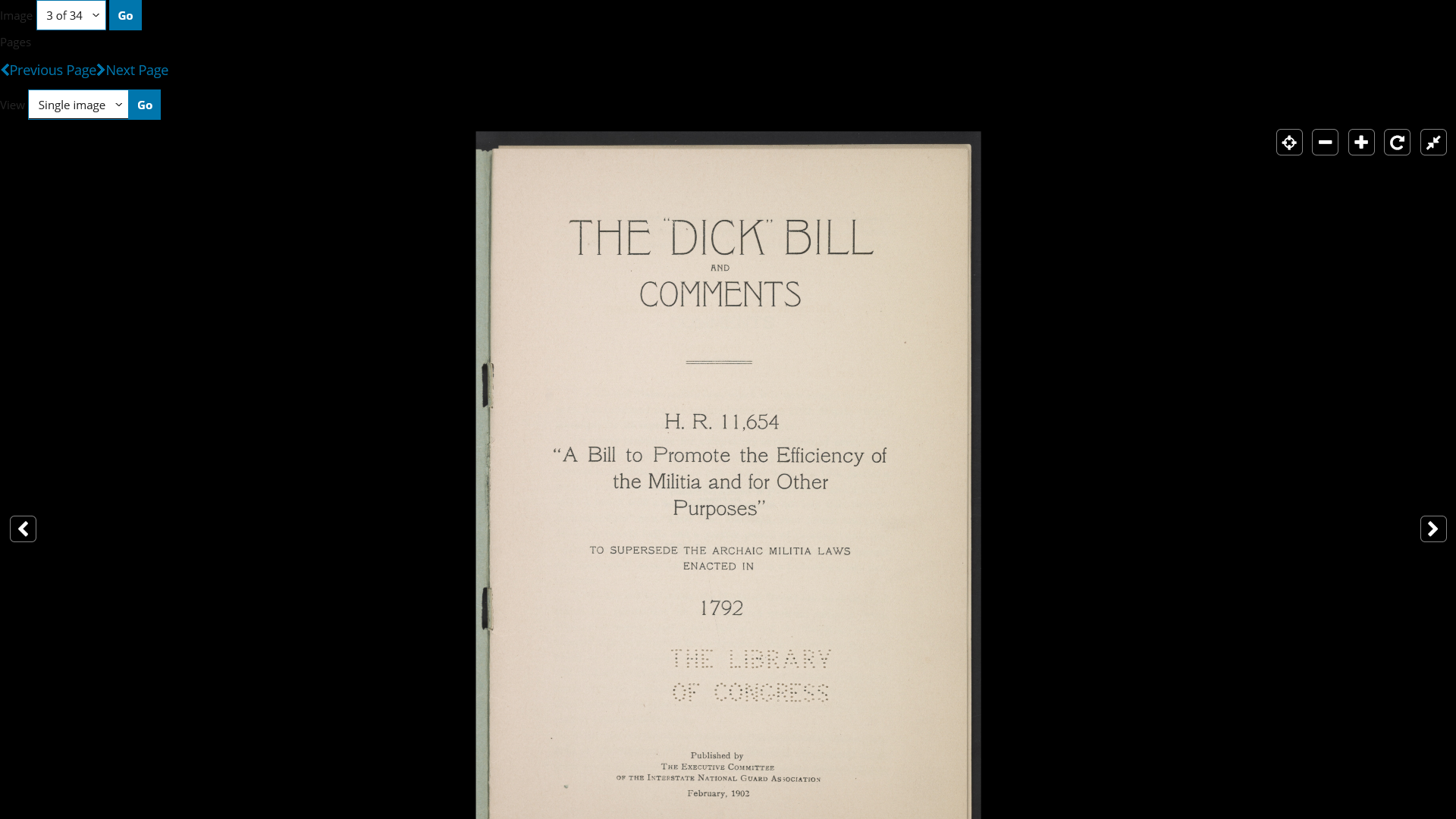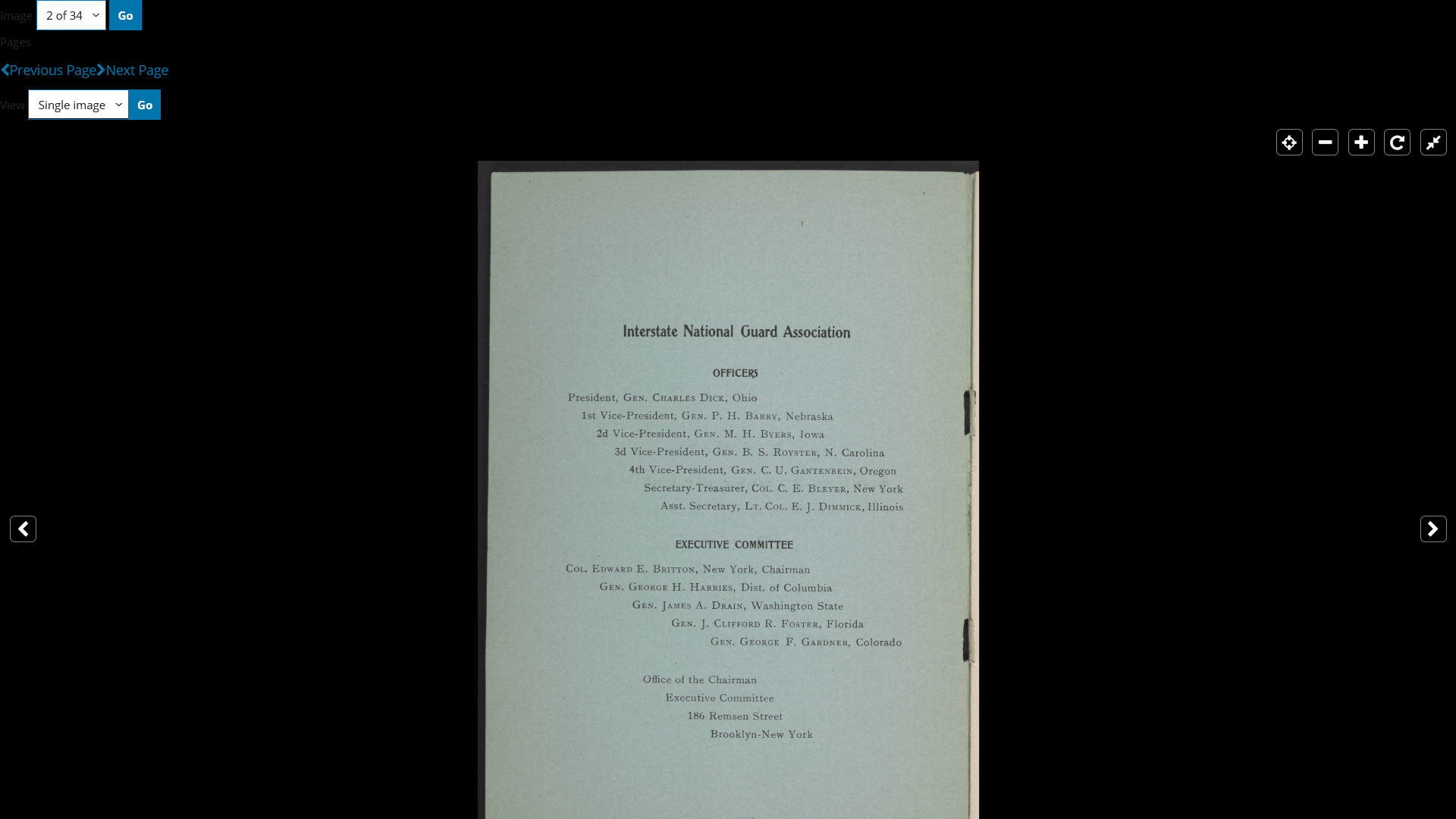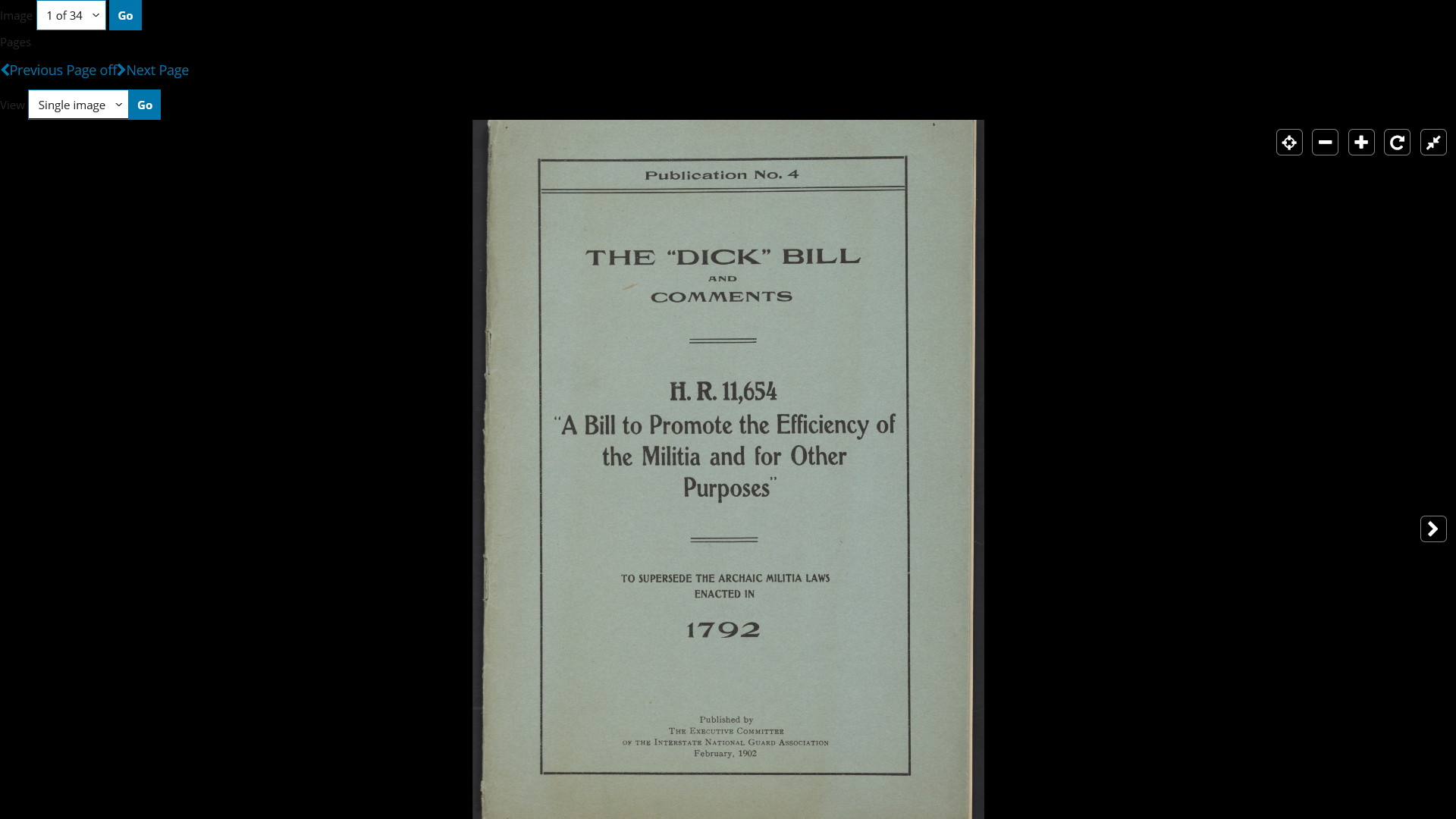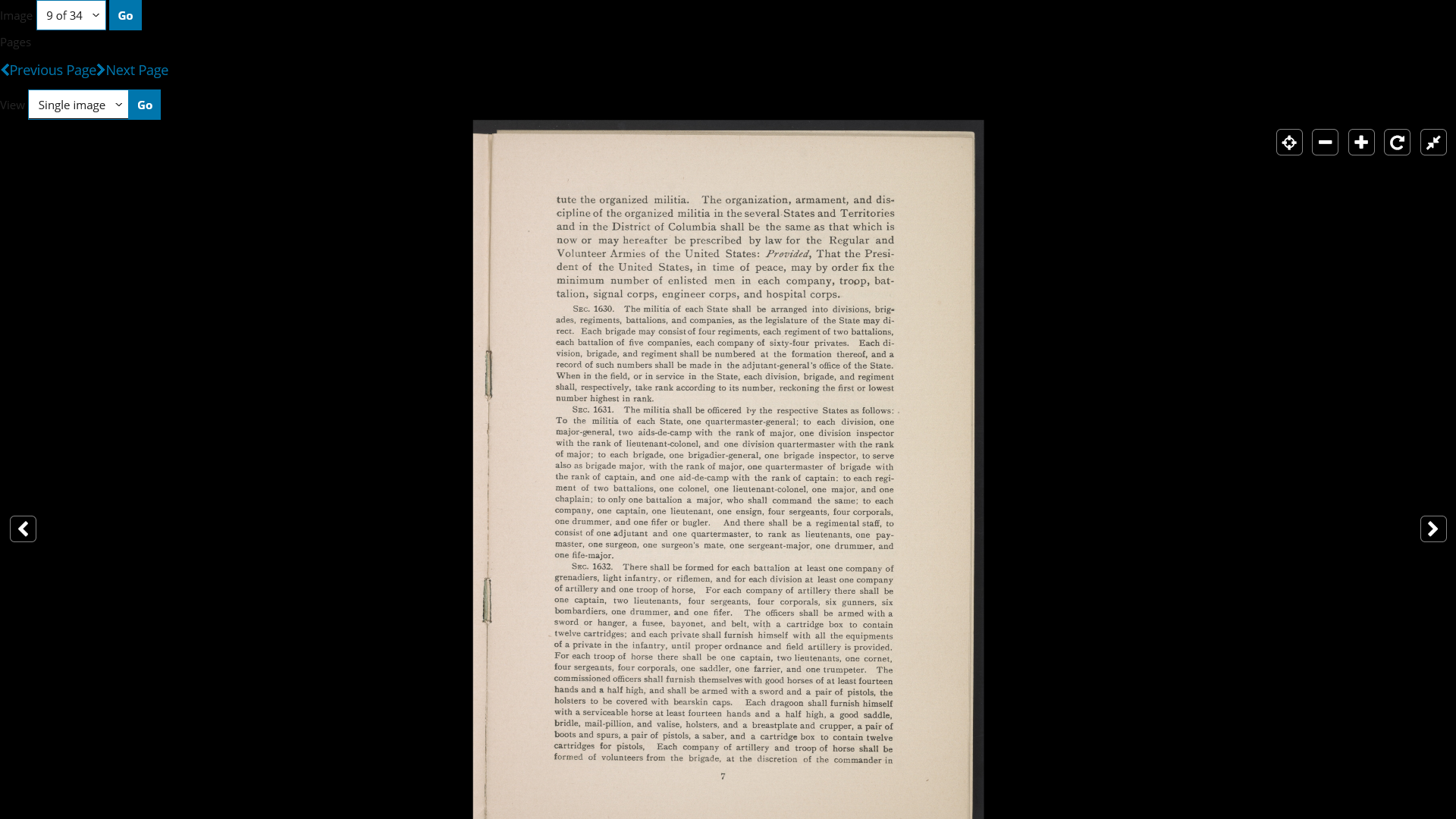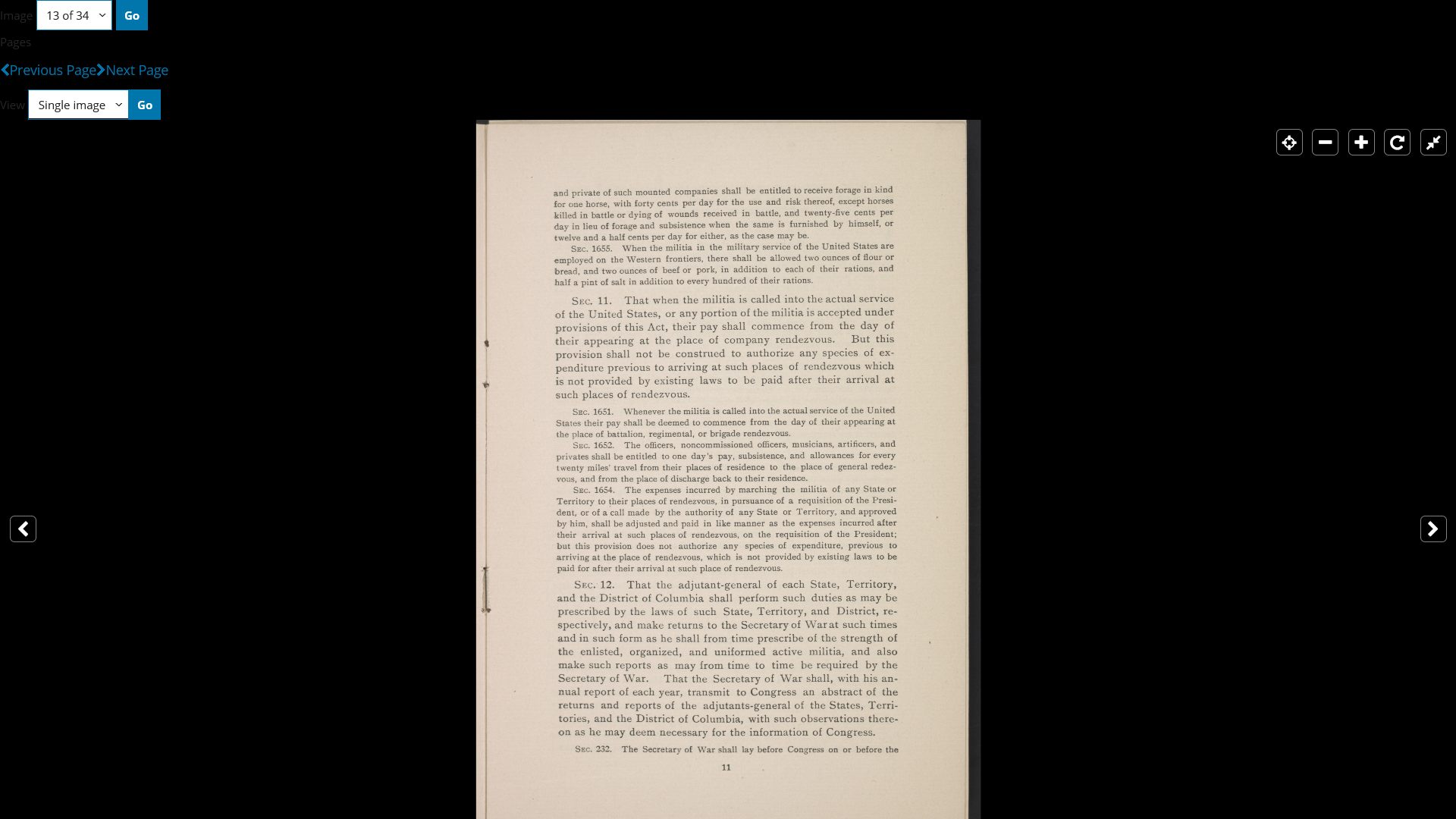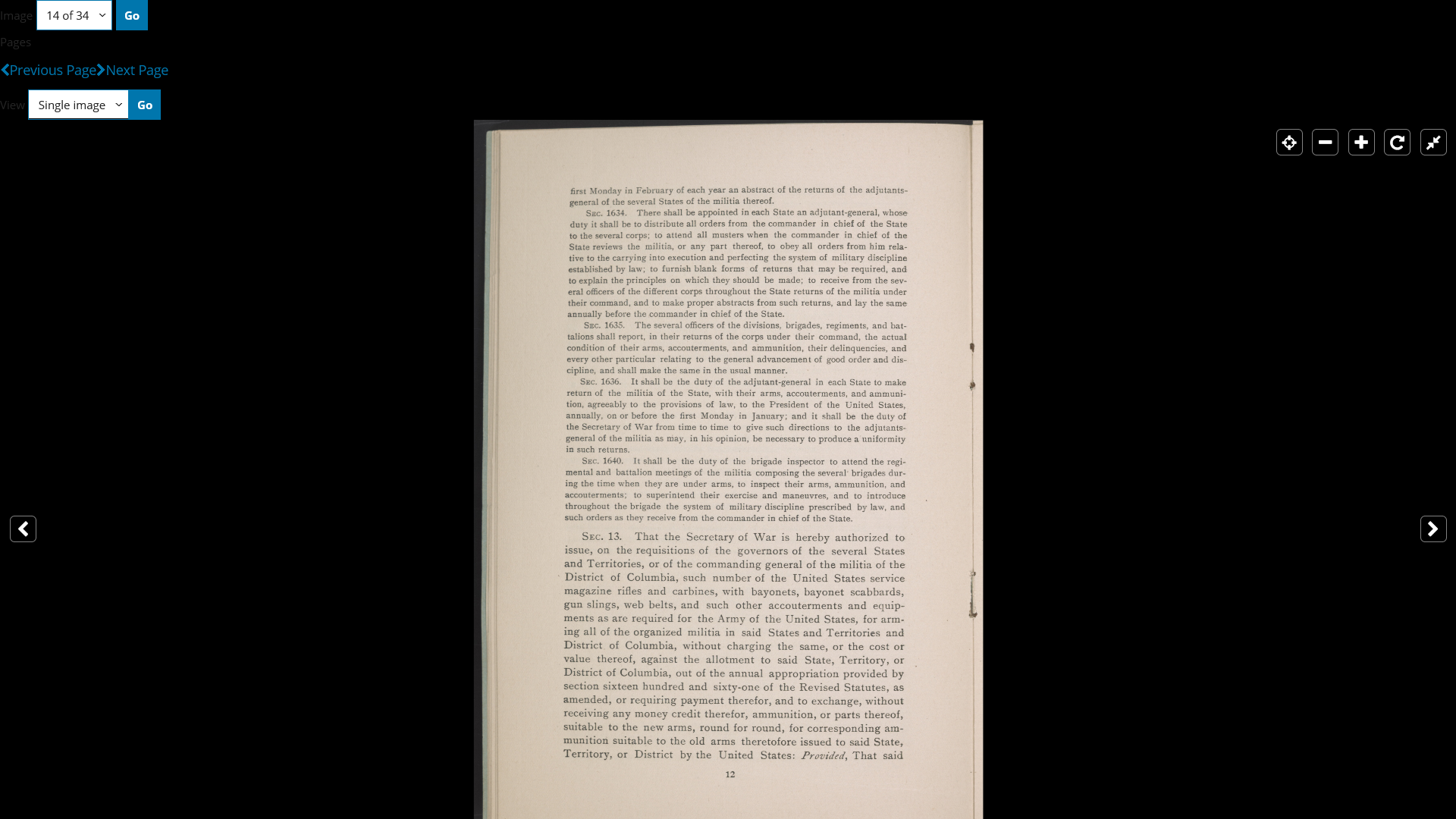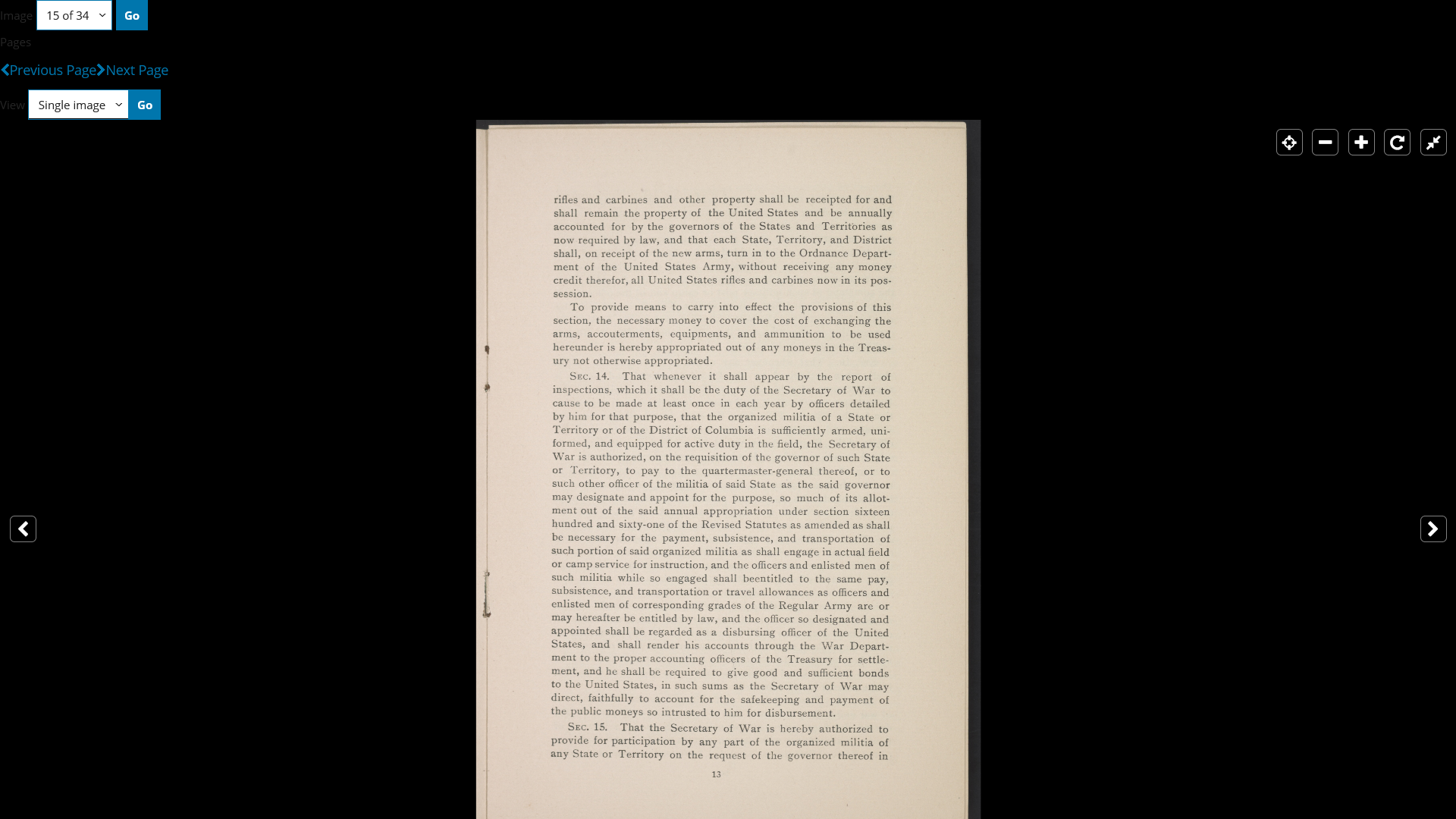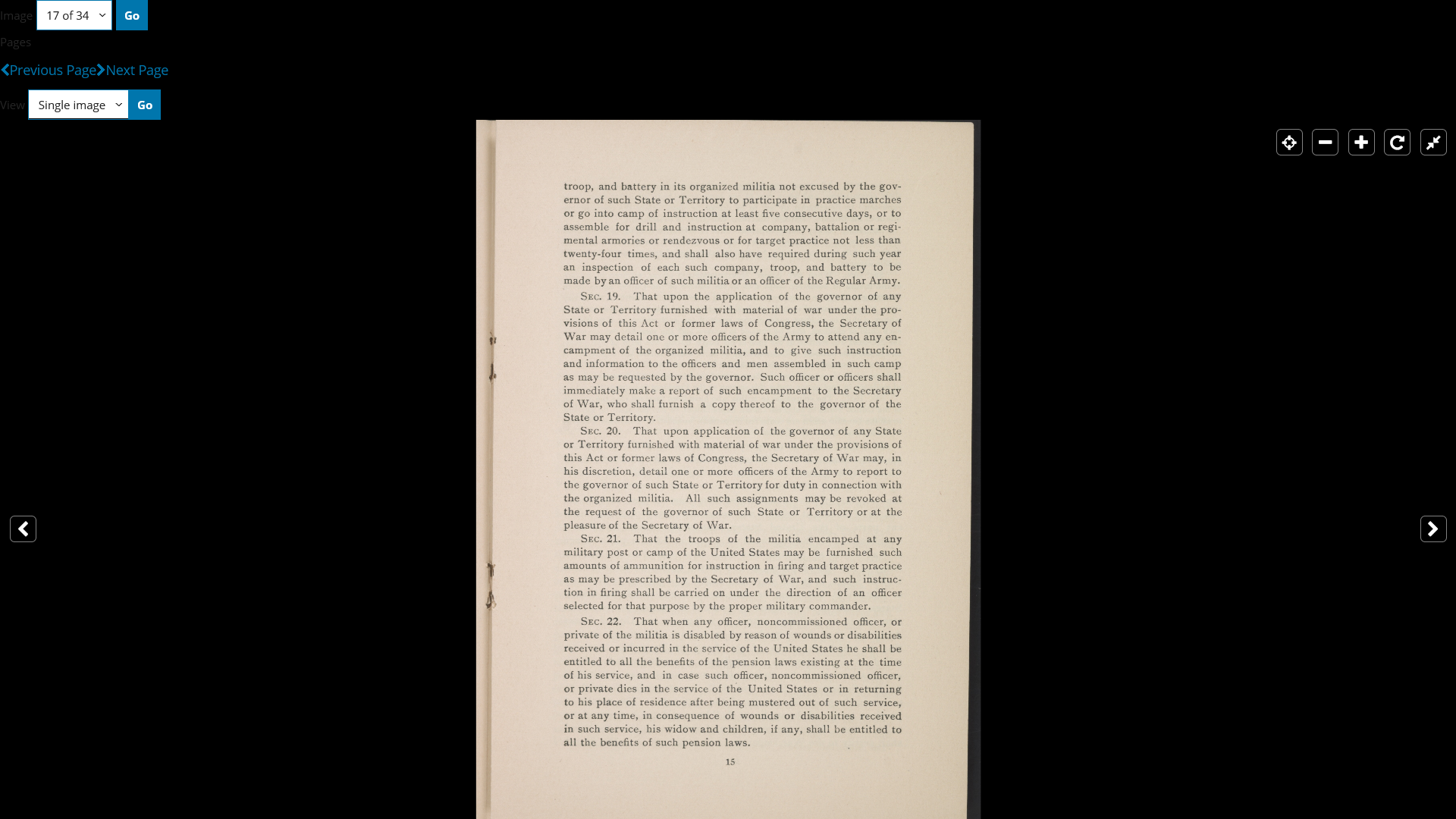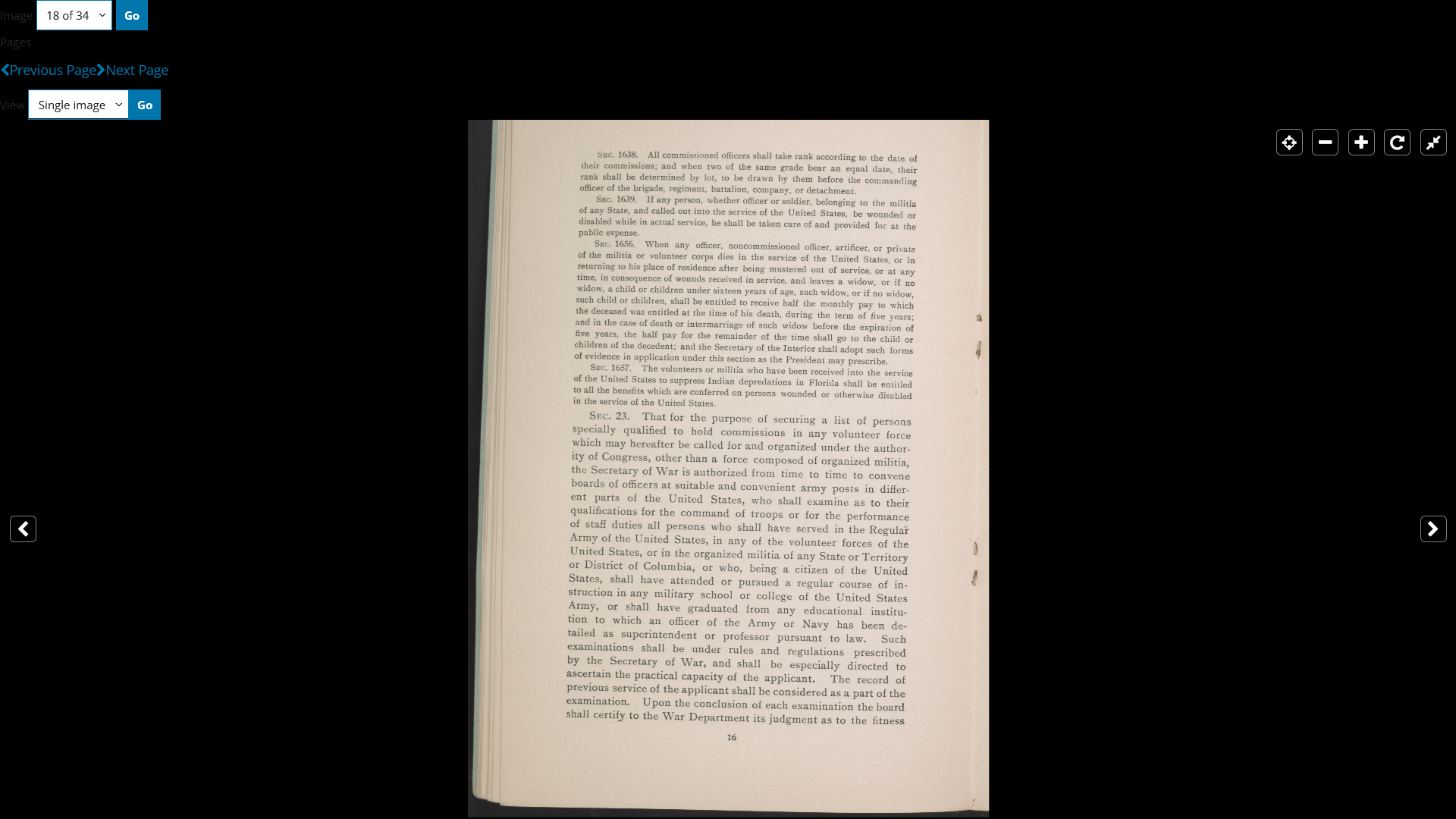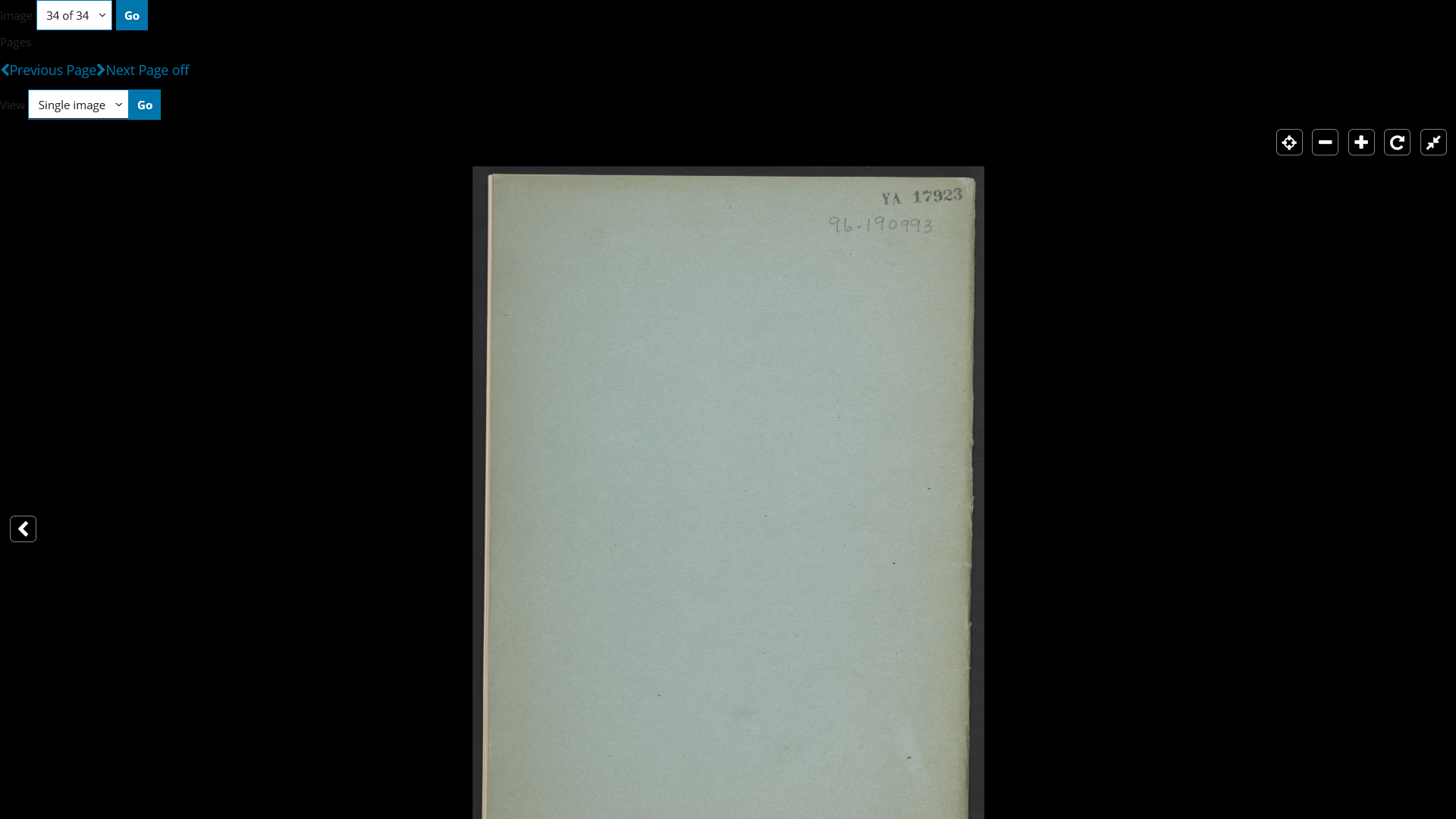The Constitution of the United States:
https://www.archives.gov/founding-docs/constitution-transcript
Article. I.
Section. 8.
The Congress shall have Power To lay and collect Taxes, Duties, Imposts and Excises, to pay the Debts and provide for the common Defence and general Welfare of the United States; but all Duties, Imposts and Excises shall be uniform throughout the United States;
To borrow Money on the credit of the United States;
To regulate Commerce with foreign Nations, and among the several States, and with the Indian Tribes;
To establish an uniform Rule of Naturalization, and uniform Laws on the subject of Bankruptcies throughout the United States;
To coin Money, regulate the Value thereof, and of foreign Coin, and fix the Standard of Weights and Measures;
To provide for the Punishment of counterfeiting the Securities and current Coin of the United States;
To establish Post Offices and post Roads;
To promote the Progress of Science and useful Arts, by securing for limited Times to Authors and Inventors the exclusive Right to their respective Writings and Discoveries;
To constitute Tribunals inferior to the supreme Court;
To define and punish Piracies and Felonies committed on the high Seas, and Offences against the Law of Nations;
To declare War, grant Letters of Marque and Reprisal, and make Rules concerning Captures on Land and Water;
To raise and support Armies, but no Appropriation of Money to that Use shall be for a longer Term than two Years;
To provide and maintain a Navy;
To make Rules for the Government and Regulation of the land and naval Forces;
To provide for calling forth the Militia to execute the Laws of the Union, suppress Insurrections and repel Invasions;
To provide for organizing, arming, and disciplining, the Militia, and for governing such Part of them as may be employed in the Service of the United States, reserving to the States respectively, the Appointment of the Officers, and the Authority of training the Militia according to the discipline prescribed by Congress;
To exercise exclusive Legislation in all Cases whatsoever, over such District (not exceeding ten Miles square) as may, by Cession of particular States, and the Acceptance of Congress, become the Seat of the Government of the United States, and to exercise like Authority over all Places purchased by the Consent of the Legislature of the State in which the Same shall be, for the Erection of Forts, Magazines, Arsenals, dock-Yards, and other needful Buildings;—And
To make all Laws which shall be necessary and proper for carrying into Execution the foregoing Powers, and all other Powers vested by this Constitution in the Government of the United States, or in any Department or Officer thereof.
From the Library of Congress website
https://www.loc.gov/resource/rbc0001.2012yapam90993/?sp=1
U.S. Bill of Rights (December 15, 1791)
Amendment II
A well regulated Militia, being necessary to the security of a free State, the right of the people to keep and bear Arms, shall not be infringed.
———————————————————————————————————————————————-
The Militia in the Law and in Presidential Perspective
President Washington, 1794
“The devising and establishing of a well regulated militia would be a genuine source of legislative honor and a perfect title to public gratitude. I therefore entertain a hope that the present session will not pass without carrying to its full energy the power of organizing, arming and disciplining the militia; and thus providing, in the language of the Constitution, for calling them forth to execute the laws of the Union, suppress insurrections, and repel invasions.”
* * *
President Teddy Roosevelt, 1901
“Our militia law is obsolete and totally worthless. The organization and armament of the National Guard of the several States ****should be made identical with those provided for the regular forces. The obligations and duties of the Guard in time of war should be carefully defined.”
* * *
The Militia Act of 1792, Passed May 8, 1792, providing federal standards for the organization of the Militia.
An ACT more effectually to provide for the National Defence, by establishing an Uniform Militia throughout the United States.
I. Be it enacted by the Senate and House of Representatives of the United States of America, in Congress assembled, That each and every free able-bodied white male citizen of the respective States, resident therein, who is or shall be of age of eighteen years, and under the age of forty-five years (except as is herein after excepted) shall severally and respectively be enrolled in the militia, by the Captain or Commanding Officer of the company, within whose bounds such citizen shall reside, and that within twelve months after the passing of this Act. And it shall at all time hereafter be the duty of every such Captain or Commanding Officer of a company, to enroll every such citizen as aforesaid, and also those who shall, from time to time, arrive at the age of 18 years, or being at the age of 18 years, and under the age of 45 years (except as before excepted) shall come to reside within his bounds; and shall without delay notify such citizen of the said enrollment, by the proper non-commissioned Officer of the company, by whom such notice may be proved. That every citizen, so enrolled and notified, shall, within six months thereafter, provide himself with a good musket or firelock, a sufficient bayonet and belt, two spare flints, and a knapsack, a pouch, with a box therein, to contain not less than twenty four cartridges, suited to the bore of his musket or firelock, each cartridge to contain a proper quantity of powder and ball; or with a good rifle, knapsack, shot-pouch, and powder-horn, twenty balls suited to the bore of his rifle, and a quarter of a pound of powder; and shall appear so armed, accoutred and provided, when called out to exercise or into service, except, that when called out on company days to exercise only, he may appear without a knapsack. That the commissioned Officers shall severally be armed with a sword or hanger, and espontoon; and that from and after five years from the passing of this Act, all muskets from arming the militia as is herein required, shall be of bores sufficient for balls of the eighteenth part of a pound; and every citizen so enrolled, and providing himself with the arms, ammunition and accoutrements, required as aforesaid, shall hold the same exempted from all suits, distresses, executions or sales, for debt or for the payment of taxes.
II. And be it further enacted, That the Vice-President of the United States, the Officers, judicial and executives, of the government of the United States; the members of both houses of Congress, and their respective officers; all custom house officers, with the clerks; all post officers, and stage-drivers who are employed in the care and conveyance of the mail of the post office of the United States; all Ferrymen employed at any ferry on the post road; all inspectors of exports; all pilots, all mariners actually employed in the sea service of any citizen or merchant within the United States; and all persons who now are or may be hereafter exempted by the laws of the respective states, shall be and are hereby exempted from militia duty, notwithstanding their being above the age of eighteen and under the age of forty-five years.
III. And be it further enacted, That within one year after the passing of the Act, the militia of the respective states shall be arranged into divisions, brigades, regiments, battalions, and companies, as the legislature of each state shall direct; and each division, brigade, and regiment, shall be numbered at the formation thereof; and a record made of such numbers of the Adjutant-General's office in the state; and when in the field, or in serviced in the state, such division, brigade, and regiment shall, respectively, take rank according to their numbers, reckoning the first and lowest number highest in rank. That if the same be convenient, each brigade shall consist of four regiments; each regiment or two battalions; each battalion of five companies; each company of sixty-four privates. That the said militia shall be officered by the respective states, as follows: To each division on Major-General, with two Aids-de-camp, with the rank of major; to each brigade, one brigadier-major, with the rank of a major; to each company, one captain, one lieutenant, one ensign, four serjeants, four corporals, one drummer, and one fifer and bugler. That there shall be a regimental staff, to consist of one adjutant, and one quartermaster, to rank as lieutenants; one paymaster; one surgeon, and one surgeon's mate; one serjeant-major; one drum- major, and one fife-major.
IV. And be it further enacted, That out of the militia enrolled as is herein directed, there shall be formed for each battalion, as least one company of grenadiers, light infantry or riflemen; and that each division there shall be, at least, one company of artillery, and one troop of horse: There shall be to each company of artillery, one captain, two lieutenants, four serjeants, four corporals, six gunners, six bombardiers, one drummer, and one fifer. The officers to be armed with a sword or hanger, a fusee, bayonet and belt, with a cartridge box to contain twelve cartridges; and each private of matoss shall furnish themselves with good horses of at least fourteen hands and an half high, and to be armed with a sword and pair of pistols, the holsters of which to be covered with bearskin caps. Each dragoon to furnish himself with a serviceable horse, at least fourteen hands and an half high, a good saddle, bridle, mail-pillion and valise, holster, and a best plate and crupper, a pair of boots and spurs; a pair of pistols, a sabre, and a cartouchbox to contain twelve cartridges for pistols. That each company of artillery and troop of house shall be formed of volunteers from the brigade, at the discretion of the Commander in Chief of the State, not exceeding one company of each to a regiment, nor more in number than one eleventh part of the infantry, and shall be uniformly clothed in raiments, to be furnished at their expense, the colour and fashion to be determined by the Brigadier commanding the brigade to which they belong.
V. And be it further enacted, That each battalion and regiment shall be provided with the state and regimental colours by the Field-Officers, and each company with a drum and fife or bugle-horn, by the commissioned officers of the company, in such manner as the legislature of the respective States shall direct.
VI. And be it further enacted, That there shall be an adjutant general appointed in each state, whose duty it shall be to distribute all orders for the Commander in Chief of the State to the several corps; to attend all publick reviews, when the Commander in Chief of the State shall review the militia, or any part thereof; to obey all orders from him relative to carrying into execution, and perfecting, the system of military discipline established by this Act; to furnish blank forms of different returns that may be required; and to explain the principles of which they should be made; to receive from the several officers of the different corps throughout the state, returns of the militia under their command, reporting the actual situation of their arms, accoutrements, and ammunition, their delinquencies, and every other thing which relates to the general advancement of good order and discipline: All which, the several officers of the division, brigades, regiments, and battalions are hereby required to make in the usual manner, so that the said adjutant general may be duly furnished therewith: From all which returns be shall make proper abstracts, and by the same annually before the Commander in Chief of the State.
VII. And be it further enacted, That the rules of discipline, approved and established by Congress, in their resolution of the twenty-ninth of March, 1779, shall be the rules of discipline so be observed by the militia throughout the United States, except such deviations from the said rules, as may be rendered necessary by the requisitions of the Act, or by some other unavoidable circumstances. It shall be the duty of the Commanding Officer as every muster, whether by battalion, regiment, or single company, to cause the militia to be exercised and trained, agreeably to the said rules of said discipline.
VIII. And be it further enacted, That all commissioned officers shall take rank according to the date of their commissions; and when two of the same grade bear an equal date, then their rank to be determined by lots, to be drawn by them before the Commanding officers of the brigade, regiment, battalion, company or detachment.
IX. And be it further enacted That if any person whether officer or solder, belonging to the militia of any state, and called out into the service of the United States, be wounded or disabled, while in actual service, he shall be taken care of an provided for at the publick expense.
X. And be it further enacted, That it shall be the duty of the brigade inspector, to attend the regimental and battalion meeting of the militia composing their several brigades, during the time of their being under arms, to inspect their arms, ammunition and accoutrements; superintend their exercise and maneuvres and introduce the system of military discipline before described, throughout the brigade, agreeable to law, and such orders as they shall from time to time receive from the commander in Chief of the State; to make returns to the adjutant general of the state at least once in every year, of the militia of the brigade to which he belongs, reporting therein the actual situation of the arms, accoutrement, and ammunition, of the several corps, and every other thing which, in his judgment, may relate to their government and general advancement of good order and military disciple; an adjutant general shall make a return of all militia of the state, to the Commander in Chief of the said state, and a duplicate of the same to the president of the United States.
And whereas sundry corps of artillery, cavalry and infantry now exist in several of the said states, which by the laws, customs, or usages thereof, have not been incorporated with, or subject to the general regulation of the militia.
XI. Be it enacted, That such corps retain their accustomed privileges subject, nevertheless, to all other duties required by this Act, in like manner with the other militias.
[Act of February 28, 1795, made small revisions in Sections 2, 4, 5, and 10 of Act of May 2, 1792. The 1795 act was the authority for ruling in Houston v. Moore, 1820. Other revisions were enacted April 18, 1814]
Sec. 2. And be it further enacted, That whenever the laws of the United States shall be opposed or the execution thereof obstructed, in any state, by combinations too powerful to be suppressed by the ordinary course of judicial proceedings, or by the powers vested in the marshals by this act, [words requiring notification by an associate justice or district judge were omitted in 1795 revision. The revision gave the President more authority] the same being notified to the President of the United States, by an associate justice or the district judge, it shall be lawful for the President of the United States to call forth the militia of such state to suppress such combinations, and to cause the laws to be duly executed. And if the militia of a state, where such combinations may happen, shall refuse, or be insufficient to suppress the same, it shall be lawful for the President, if the legislature of the United States be not in session, to call forth and employ such numbers of the militia of any other state or states most convenient thereto, as may be necessary, and the use of militia, so to be called forth, may be continued, if necessary, until the expiration of thirty days after the commencement of the ensuing session.
Sec. 4. And be it further enacted, That the militia employed in the service of the United States, shall receive the same pay and allowances, as the troops of the United States, [omitted in 1795: "who may be in service at the same time, or who were last in service, and shall be subject to the same rules and articles of war"]: And that no officer, non-commissioned officer or private of the militia shall be compelled to serve more than three months in any one year, nor more than in due rotation with every other able-bodied man of the same rank in the battalion to which be belongs.
Sec. 5. And be it further enacted, That every officer, non-commissioned officer or private of the militia, who shall fail to obey the orders of the President of the United States in any of the cases before recited, shall forfeit a sum not exceeding one year's pay, and not less than one month's pay, to be determined and adjudged by a court martial; and such officers shall, moreover, be liable to be cashiered by sentence of a court martial: [words added in 1795:] and be incapacitated from holding a commission in the militia, for a term not exceeding twelve months, at the discretion of the said court: and such non-commissioned officers and privates shall be liable to be imprisoned by the like sentence, or failure of payment of the fines adjudged against them, for the space of one calendar month for every five dollars of such fine.
Sec. 10. [revised to read:] And be it further enacted, That the act, intitled "Act to provide for calling forth the militia, to execute the laws of Union, suppress insurrections, and repel invasions," passed the second day of May one thousand seven hundred and ninety-two, shall be, and the same is hereby repealed.
APPROVED, February 28, 1795.
* * *
HR 11,654
A Bill to promote the efficiency of the militia, and for other purposes
https://tile.loc.gov/storage-services/service/rbc/rbc0001/2012/2012yapam90993/2012yapam90993.pdf
